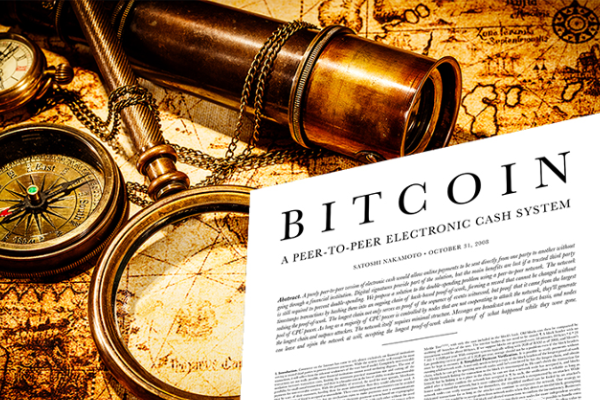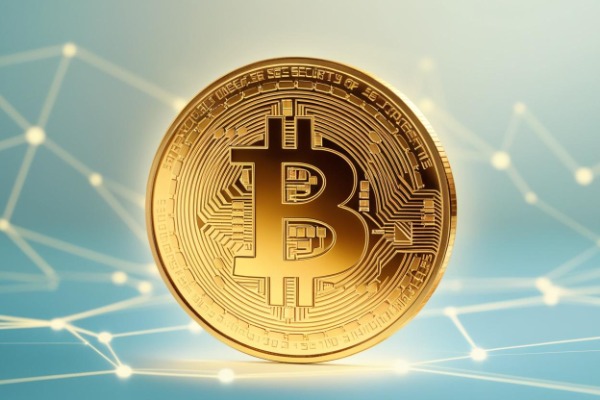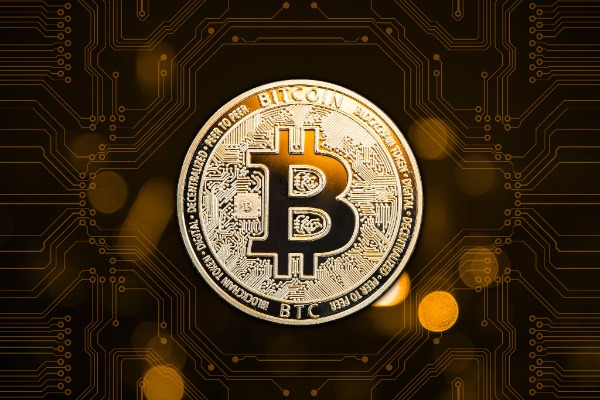What are tokens? Why are they important?
The various crypto tokens seem to revolve around one big golden coin.
Technically, “token” is just another word for “cryptocurrency” or “crypto asset.” However, it’s increasingly taking on several more specific meanings, depending on the context. The first is to describe all cryptocurrencies other than Bitcoin and Ethereum (even though both are technically tokens). The second is to describe certain digital assets that, like many decentralized finance (or DeFi) tokens, run on top of another cryptocurrency’s blockchain. Tokens have a wide range of potential functions, from facilitating decentralized exchanges to selling rare items in video games. But they can all be traded or held like any other cryptocurrency.
“Token” is a word you’ll hear a lot in the context of cryptocurrency. In fact, you’ll probably hear Bitcoin referred to as a “crypto token” or something similar, because technically all crypto assets can also be called tokens. However, the word is increasingly taking on two very common specific meanings that you’ve most likely come across before.
“Token” generally refers to any cryptocurrency other than Bitcoin and Ethereum (even though both are technically tokens). Since Bitcoin and Ethereum are by far the two largest cryptocurrencies, it’s helpful to have one word to refer to all the others. (Another English word you may hear with nearly the same meaning is “altcoin.”)
Another increasingly common meaning for “token” is even more specific, describing a crypto asset that runs on top of another cryptocurrency’s blockchain. If you’re interested in decentralized finance, or DeFi, you’ve come across this usage. While cryptocurrencies like Bitcoin have their own dedicated blockchains, DeFi tokens like Chainlink and Aave run on top of or leverage existing blockchains, most commonly Ethereum.
This second category of tokens helps decentralized applications do everything from automating interest rates to selling virtual real estate, but they can also be held or traded like any other cryptocurrency.
Why tokens are important Given how often you’ll come across the word when researching cryptocurrencies, it’s helpful to understand some common meanings. But beyond the brief definitions above, there are a few categories of crypto assets that actually have the word “token” in their names. Here are some examples:
DeFi Tokens In recent years, a host of new protocols have emerged that are built on top of cryptocurrencies and that aim to replicate traditional financial system functions (lending, savings, insurance, trading). The tokens issued by these protocols perform a variety of functions, but can also be traded or held like any other cryptocurrency.
Governance Tokens These are specialized DeFi tokens that allow holders to vote on the future direction of a protocol or application that (due to its decentralized nature) does not have a board of directors or any other central authority. For example, the popular savings protocol Compound issues a token called COMP to all users. This token allows holders to vote on how Compound is upgraded. The more COMP tokens you have, the more votes you get.
Non-Fungible Tokens (NFTs) NFTs represent ownership of a unique digital or real-world asset. They can make it harder to copy and share digital works (anyone who has ever visited a torrent site filled with the latest movies and video games will understand this problem). They are also used to issue limited quantities of digital artwork or sell unique virtual assets like rare props for video games.
Security tokens are a new class of assets that are designed to be cryptographic alternatives to traditional securities such as stocks and bonds. Their primary use is to sell shares of a company (much like shares or fractional shares sold through the regular market) or shares of other businesses (such as real estate) without a broker. Large companies and startups are reportedly looking into security tokens as a potential alternative to other fundraising methods.













